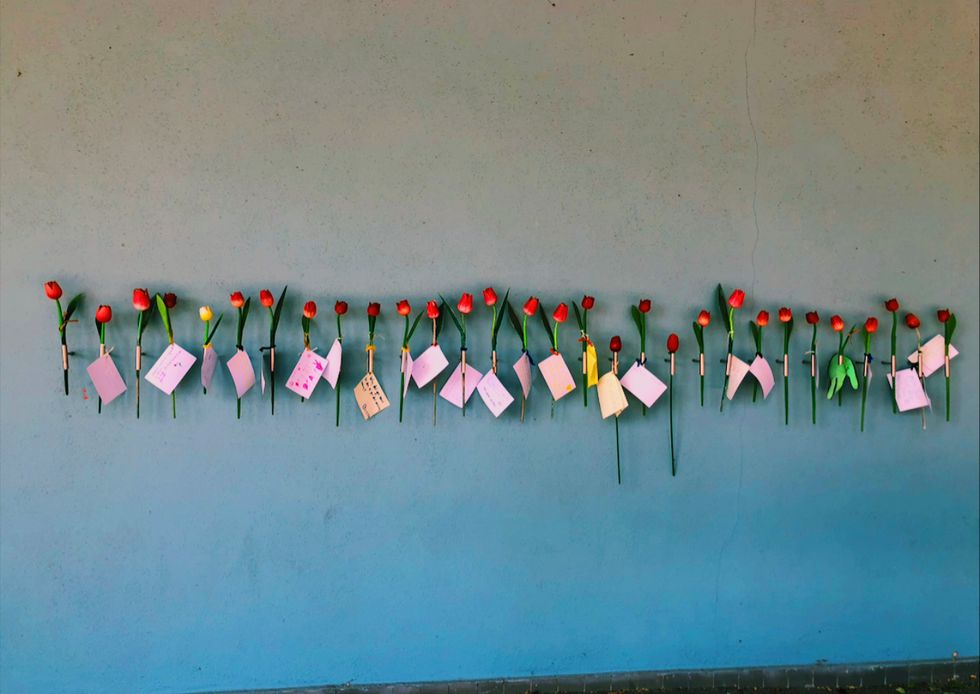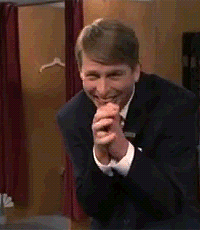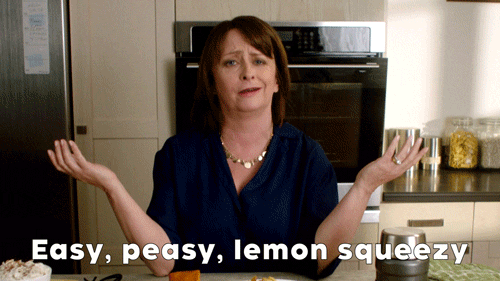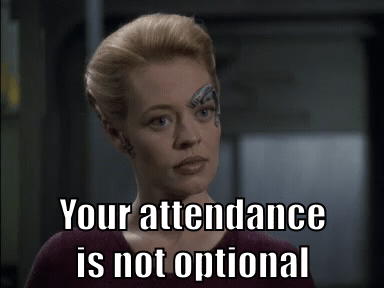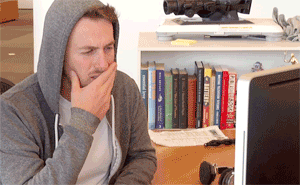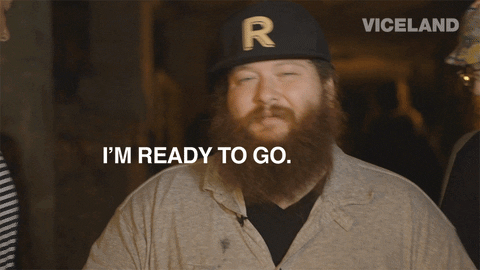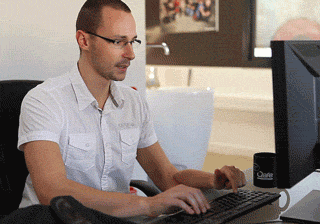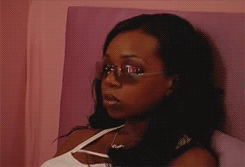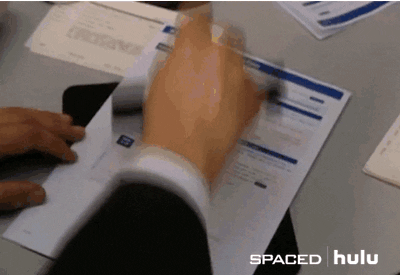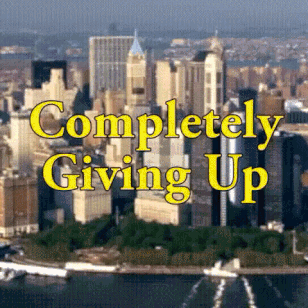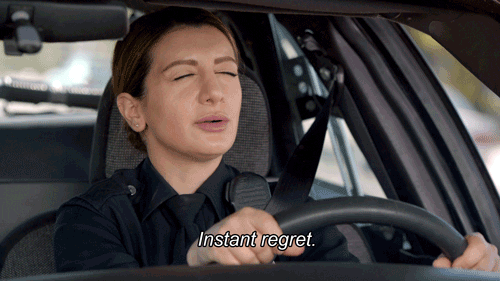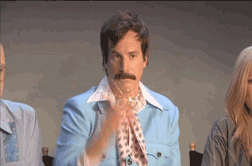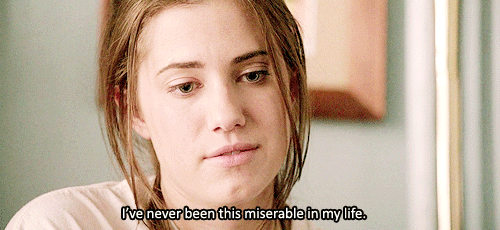Rose Mallinger. Cecil and David Rosenthal. Daniel Stein. Melvin Wax. Joyce Fienberg. Irving Younger. Jerry Rabinowitz. Bernice and Sylvan Simon. Richard Gottfried. These are the 11 people who were murdered inside of their own synagogue on Saturday, October 27th, in Pittsburgh. Murdered for practicing their faith freely, in a country where all religions are guaranteed sanctity and protection under the Constitution.
Anti-semitism did not begin with the Holocaust, and it certainly did not end with it. I have seen anti-semitism around my community, and I have been the target of anti-semitic remarks myself. Anti-semitism, especially in America, is typically silent, ignored, and especially destructive.
I believe that hatred stems from ignorance, and that no one is inherently bad. All humans are a product of their environment. Being taught to think through a lens of hatred, especially at a young age, is only going to produce a person with a distorted, evil view of others. I am in no way excusing bigots, but I can understand why what happened on Saturday happened—there is hate in the world, and the perpetrator of this awful crime was exposed to it. He firmly believes that Jews are evil, and that they should die.
When I was younger, I actively hid the fact that I was Jewish. I grew up in a place that was not very religiously diverse, and being Jewish was a marker of individuality and separation. I would lie about where I had gone when I missed class for High Holy Days, made it a point to call my Chanukah presents 'Christmas' presents, and refused to call my Bubbie by her proper Yiddish label in front of others. I did not hate being Jewish, but I did not feel that it was something others would understand. I was different, and I was fully aware that I was. I did not want to continue to express my identity to people and have their reactions be "oh ok," like I had just told them something bad. My Judaism, until high school, was an afterthought. Judaism was an aspect of my life I shoved deep in the corners of my internal closet-certainly something I never wore on my sleeve. This is how I protected myself from the stereotypes, the misunderstandings and, quite possibly, the hate.
Fast forward to high school, and I discovered a Jewish group of friends through a youth group that fully accepted me, and made it cool in my mind to be different. As I grew up and learned to accept myself as a unique person, I proudly sported my religion on the outside. I began to develop my identity around Judaism because I realized it reflected who I was so clearly: someone who cares about others, their family, their community, and having a good meal every so often. To me, and to many other Jews, our religion was our acceptance in a world that may not have us otherwise.
Going from a school that had few to no Jews, to a University with literally thousands of Jewish students and faculty, is shocking. While there are still anti-semitic instances occurring on campus, and certainly students and teachers who hold anti-semitic attitudes, I could not be more proud than now to belong to such a special group of people. I am a Jew before I am even a woman or an American, and connection to a peoplehood and a shared experiences is what gives me purpose.
This special connection that Jewish people feel towards one another, no matter where they are in the world, is what made what happened in Pittsburgh so especially devastating. When I heard the news, disbelief and shock immediately came over me. It took me a whole day and a half, a full hour of watching the news and three separate conversations about what happened in order to fully process. Someone sick wanted all Jews dead, and his hatred was so overwhelming that he murdered innocent, elderly people over it. Anti-semitism in America is typically quiet, but this event was far from understated. Pittsburgh was a loud explosion, an in-our-face massacre that reminded us that Jews are not safe, and that our identities are forever a marker of our deep down separation from the rest of the country.
What happened after is what gives me the most pride and hope for my people. Within a day, vigils were organized across the country. Jewish people united everywhere in order to raise money for the families affected, stimulate conversation, and remember the lives lost. 11 people may have been murdered, but this has affected millions. The sheer impact of this event proves that we are a united people, no matter where we live or our backgrounds. The ripple of sorrow and outrage pushed Jews to be proud, because if we went into hiding, then the Anti-Semites would have won. We as a people have been through far too much not to overcome.
Now, I am calling for action. This was a tragic incident, but it is in no way isolated. Perpetuation of anti-semitic beliefs are where events like this start. If you are not Jewish, you can still be an effective ally in stopping hate. The next time you hear or see something even subtly anti-semitic, stand up against it, nip it in the bud. Stopping hate when it is in its early stages is the most effective way to prevent violence further down the road. If you are Jewish, continue to speak outwardly against discrimination, and to show pride in who you are—a vibrant, strong peoplehood is something that beats darkness and intolerance any day.

